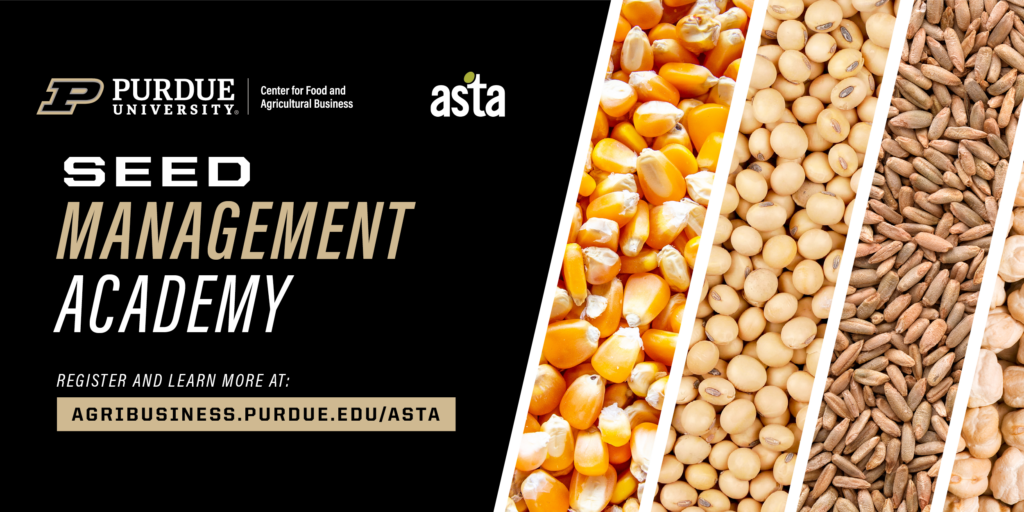 In the 1960s, Cesar Chavez and the United Farm Workers union successfully pressured producers into improving agricultural working conditions in California by leading a nationwide boycott of table grapes. The boycott taught farmers that consumers care about more than just product quality and price; they also trust producers to treat their employees fairly.
In the 1960s, Cesar Chavez and the United Farm Workers union successfully pressured producers into improving agricultural working conditions in California by leading a nationwide boycott of table grapes. The boycott taught farmers that consumers care about more than just product quality and price; they also trust producers to treat their employees fairly.
Today, labor disputes in the agricultural and food sectors are more isolated and less visible than in the sixties. Nonetheless, producers still need to know if consumers punish them for labor disputes? And if so, what is the extent?
I’ve tried to answer this question by analyzing a recent case study involving an agricultural cooperative. In August 2011, the American Crystal Sugar Company — a cooperative producing sugar from sugar beets in the Red River Valley region of North Dakota and Minnesota — locked out approximately 1,300 unionized workers after contract negotiations broke down. The lockout lasted twenty months and received significant regional news coverage.
To see how consumers responded to the American Crystal Sugar Company lockout, I analyze weekly supermarket scanner data from stores across the country. I look at sugar sales, and calculate what percentage of total sales went to American Crystal Sugar brands. In other words, I calculate American Crystal Sugar’s market share in each store in each week. I then compare how this market share changed before, during and after the American Crystal Sugar lockout.
I also examine how market share changed in different regions of the country. For example, I look at a media market surrounding Fargo, North Dakota (where the union lockout happened), as well as the entire upper Midwest region. I do because of the over 2,000 news stories about the American Crystal Sugar lockout, 840 of them were from sources in North Dakota and 700 were from sources in Minnesota. Only 410 stories were from national news sources.
I have found some pretty interesting results. First, there seems to be no national-scale reaction to the American Crystal Sugar lockout. However, consumers in both the Fargo area and the upper Midwest had stronger reactions to the lockout. But here’s the kicker; while consumers near Fargo punished the American Crystal Sugar Company for the lockout, consumers in the wider region actually rewarded the agricultural cooperative. And both groups of consumers bought more American Crystal Sugar after the lockout ended in 2013.
My research has important implications for agricultural producers across America — especially producers of products that have consumer-facing brands. If you attend the 2019 National Conference for Food and Agribusiness at Purdue University Nov. 6–7, you can hear more about how consumers responded to the American Crystal Sugar lockout and what the information might mean for you.
Consumers trust producers to provide safe, delicious, high-quality and affordable food products. But they also trust producers to treat their employees fairly. This can affect your bottom line in a labor dispute, and the National Conference for Food and Agribusiness can equip you with the knowledge and data needed to navigate an unexpected dispute. Register today to reserve your seat.
:




